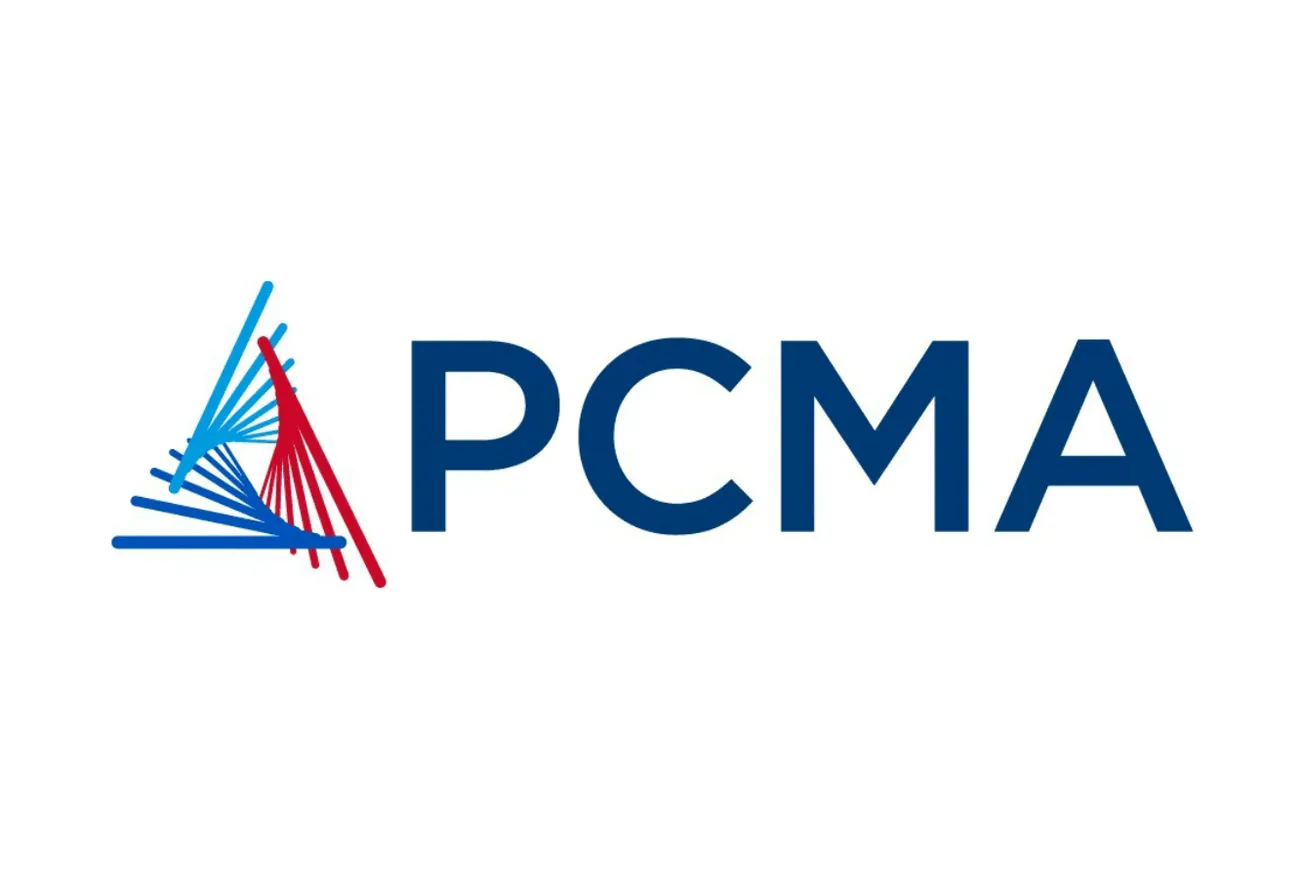WHITEHOUSE STATION, N.J. — Richard Clark, chairman and former chief executive officer of Merck, plans to retire from the company and its board later this year.
The pharmaceutical giant said Thursday that Clark, who has been with Merck nearly four decades, is slated to retire effective Dec. 1.
Clark served as Merck’s president and CEO from 2005 through 2010. He has been Merck director since May 2005 and chairman since 2007.
This past January, Kenneth Frazier became Merck’s president and CEO and a member of its board. On Thursday the board elected Frazier to serve as chairman after Clark’s retirement.
"I have been a part of Merck for more than 39 years. I always have and always will consider Merck to be an important part of my life and my extended family," Clark said in a statement. "It has been a great pleasure to work with the talented, dedicated people of Merck who are so committed to our mission of saving and improving lives around the world.
"Merck is a very special company with unmatched potential," he added. "Starting with our founder George Merck, this company has been about getting our medicines to the people who need them most. That inspiration and motivation continues strong today. I am confident that under Ken Frazier’s leadership, the company is well positioned for continued success in the future."
After becoming CEO in 2005, Clark stabilized Merck by setting its strategic direction and oversaw successful launches of innovative drugs like Isentress tablets (raltegravir), Gardasil vaccine (human papilloma virus) and Januvia (sitagliptin), the company said. He was elected chairman in 2007 and in 2009 led the transformative $49 billion merger between Merck and Schering-Plough.
"On behalf of my Merck colleagues, I’d like to express our collective gratitude for Dick’s leadership and the innumerable contributions he has made to our company and our industry," Frazier stated. "I am honored and thankful to have had the opportunity to learn from and work alongside Dick for nearly a decade. All of us thank him for making Merck a more competitive company while staying true to our mission."
Clark joined Merck in 1972 as a quality control inspector and rose up through the ranks, becoming vice president of materials management and management engineering in 1991. In 1993, he was appointed vice president of procurement and materials management. He became vice president of North American operations for the Merck Manufacturing Division in 1994 and senior vice president in 1996. In 1997, he was appointed senior vice president of quality and commercial affairs.
After leaving to join the Merck-Medco Managed Care subsidiary as executive vice president and chief operating officer, and later chairman, president and chief executive officer of Medco Health Solutions, Clark returned to the Merck Manufacturing Division as president in June 2003.
"Dick is an outstanding leader whose determination and dedication ensured that Merck is an industry leader with a bright and strong future. Over the course of his impressive tenure at Merck, Dick successfully restored investor confidence at a difficult time and steered our company through numerous challenges," commented William Harrison, lead director on Merck’s board.
"Through the strategic plan Dick put in place, Merck experienced strong performance, culminating in the successful merger and integration of Merck and Schering-Plough," Harrison added. "On behalf of the board, senior management and the people of Merck, I thank Dick for his exceptional leadership and guidance, and wish him and his family the very best."







